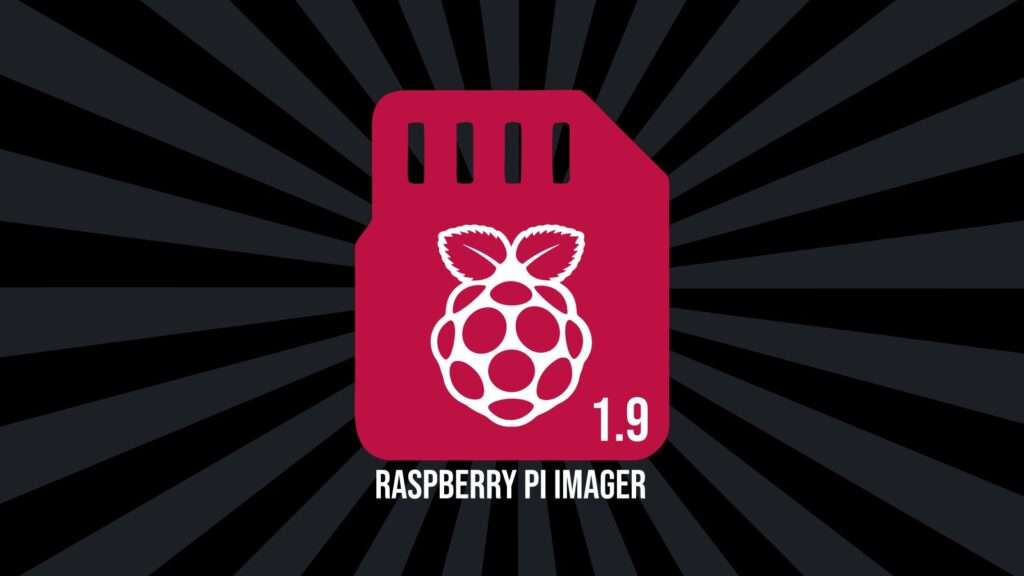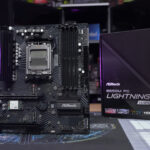Integration of Qt6 and support for AppImage structure
The latest iteration, version 1.9, of Raspberry Pi Imager, a utility aiding users in transferring OS images to an SD card for Raspberry Pi booting, has been unveiled.
An array of enhancements has been introduced in this update to refine the user experience on various platforms. One standout improvement is the adoption of Qt 6.7.2, which revamps the user interface on all supported platforms, enhancing responsiveness and ease of navigation.
For Linux users, there is exciting news: the imager is now also available as a distro-agnostic portable AppImage format. This facilitates a seamless installation process with reduced compatibility concerns across different Linux distributions.
Another vital update in version 1.9 is the integration of vendored dependencies in the repository. This method ensures that all essential dependencies are bundled with the Imager, simplifying the setup process and enhancing reliability across different platforms, from Windows 10 and macOS 11 to various Linux distributions.
To ensure a seamless experience, users must fulfill the updated system requirements, including compatibility with Windows 10 x86_64 or later, macOS 11 (on both Apple Silicon and Intel hardware), and recent Linux distributions like Ubuntu 22.04 or later, Debian 12, and others.
Raspberry Pi Imager 1.9 not only incorporates new features and enhancements but also addresses several bugs, boosting the overall stability and functionality of the software. Here are some of the most notable fixes included in this update:
- Storage Device Notification: Introducing a new message to alert users when no storage devices are detected, resolving prior instances where users might have been unaware of such scenarios (Fixes #798).
- Language and Localization Updates: Encompassing numerous enhancements to translations, including updates to Italian and French languages, offering a better user experience for non-English speakers. Correction of the Ukrainian city name to Kyiv and adjustments to Simplified Chinese translations are also included.
- Username Validation: Incorporating username validation in OS customization, crucial for warding off errors during the setup process.
- Command Line Improvements: Enhancements to the command-line interface like the disable-eject feature, granting more device management control during the imaging process.
- Filesystem and Hardware Compatibility: Resolving issues such as the GPT signature test and reversed fsync checks on Linux and OSX, refining the software’s reliability on diverse systems. Support for BCM2712d0 hardware has been included, expanding compatibility with newer Raspberry Pi hardware configurations.
- Performance Enhancements: Tackling a timeout problem on systems with a high number of loop devices and rectifying the
localectlcommand functionality on modern Debian/Ubuntu systems improves the software’s performance and compatibility.
For comprehensive details, refer to the full changelog on the project’s GitHub page.
https://linuxiac.com/raspberry-pi-imager-1-9-released/










